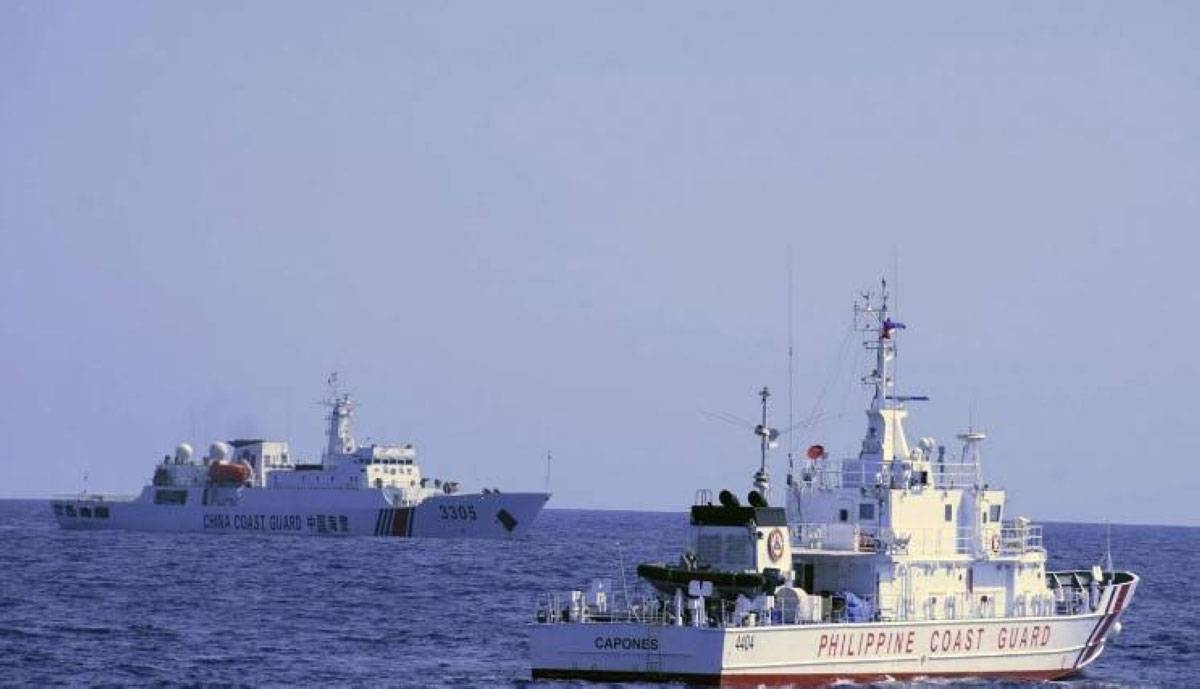To strengthen their alliance and address the evolving security landscape
The United States and the Philippines agreed to enhance defense cooperation. This includes increasing joint exercises, capacity-building programs, and information sharing to better respond to regional challenges. The two countries recognized the importance of a rules-based international order and committed to upholding the principles of freedom, democracy, and respect for human rights.
In addition to security cooperation
The Philippines and the United States also discussed economic collaboration. Recognizing the potential for further growth and investment, both countries expressed their commitment to expanding trade and investment ties. They highlighted the importance of fostering an enabling environment for businesses and promoting fair and reciprocal trade practices.
Furthermore, the United States and the Philippines acknowledged the need to address the ongoing COVID-19 pandemic
and its wide-ranging impacts. They pledged to continue working together to ensure equitable access to vaccines, strengthen healthcare systems, and promote post-pandemic economic recovery.
The bilateral dialogue also touched upon regional issues
such as the situation in the Korean Peninsula and the importance of denuclearization. The United States and the Philippines reiterated their support for diplomatic efforts to achieve lasting peace and stability in the region.
As the meeting concluded
both countries expressed their optimism about the future of the Philippines-US partnership. They reaffirmed their commitment to regular consultations and cooperation to address shared challenges and promote peace, stability, and prosperity in the Indo-Pacific region.
Upholding international law in the South China Sea is crucial for several reasons.
Firstly, the South China Sea is not only a vital shipping route but also a rich source of natural resources, including oil and gas reserves. The economic potential of the region is immense, and any disputes over territorial claims could disrupt trade and economic development in the area.
Secondly, the South China Sea holds significant geopolitical importance.
It is a hotspot for regional power dynamics, with countries such as the United States, China, Japan, and Vietnam vying for influence. The potential for conflict in the region is a concern not only for the countries directly involved but also for the stability of the broader Asia-Pacific region.
The United Nations Convention on the Law of the Sea (UNCLOS) provides a clear legal framework for resolving disputes in the South China Sea.
It establishes the rights and responsibilities of coastal states and ensures freedom of navigation for all states. By calling on China to align its maritime claims with UNCLOS, the United States and the Philippines are advocating for a fair and equitable resolution to the territorial disputes in the region.
The ruling of the Permanent Court of Arbitration in The Hague further strengthens the argument for upholding international law in the South China Sea.
The court’s decision invalidated China’s claim to historic rights within the nine-dash line, which encompasses much of the disputed territory. The ruling reaffirms the importance of resolving disputes through peaceful means and respecting the rights of other nations.
By urging China to comply with international law
the United States and the Philippines are not only seeking to protect their own interests but also to promote a rules-based order in the South China Sea. They believe that all countries should respect the rights and interests of others and contribute to peace, stability, and cooperation in the region.
The partnership between the Philippines and the United States in the Indo-Pacific region extends beyond security and defense cooperation.
Both countries recognize the immense economic potential of the region and are committed to promoting trade, investment, and sustainable development. The Philippines, with its growing economy and young population, offers a promising market for American businesses looking to expand their presence in the region.
Furthermore, the Philippines and the United States are actively engaged in addressing non-traditional security challenges in the Indo-Pacific
such as climate change, natural disasters, and transnational crime. Both countries understand the interconnectedness of these issues and the need for collective action to mitigate their impact. Through joint initiatives and capacity-building programs, they aim to enhance resilience and promote sustainable development in the region.
One area where the Philippines and the United States have been collaborating closely is in maritime security.
The South China Sea, which is rich in natural resources and a major shipping route, has been a source of tension and disputes among several countries, including China, Vietnam, and the Philippines. The United States has been supporting the Philippines in its efforts to peacefully resolve these disputes and uphold its sovereign rights in accordance with international law.
In addition to addressing security concerns
the Philippines and the United States are also working together to promote good governance, democracy, and human rights in the Indo-Pacific. Both countries recognize the importance of these values in fostering stability, inclusivity, and prosperity. They are actively engaged in supporting democratic institutions, promoting transparency, and combating corruption in the region.
The partnership between the Philippines and the United States in the Indo-Pacific is not limited to government-to-government cooperation.
It also extends to people-to-people ties, cultural exchanges, and educational collaborations. The United States has been a major destination for Filipino students and professionals seeking higher education and career opportunities. These exchanges contribute to mutual understanding, cultural enrichment, and the deepening of bilateral relations.
Source: The Manila Times







